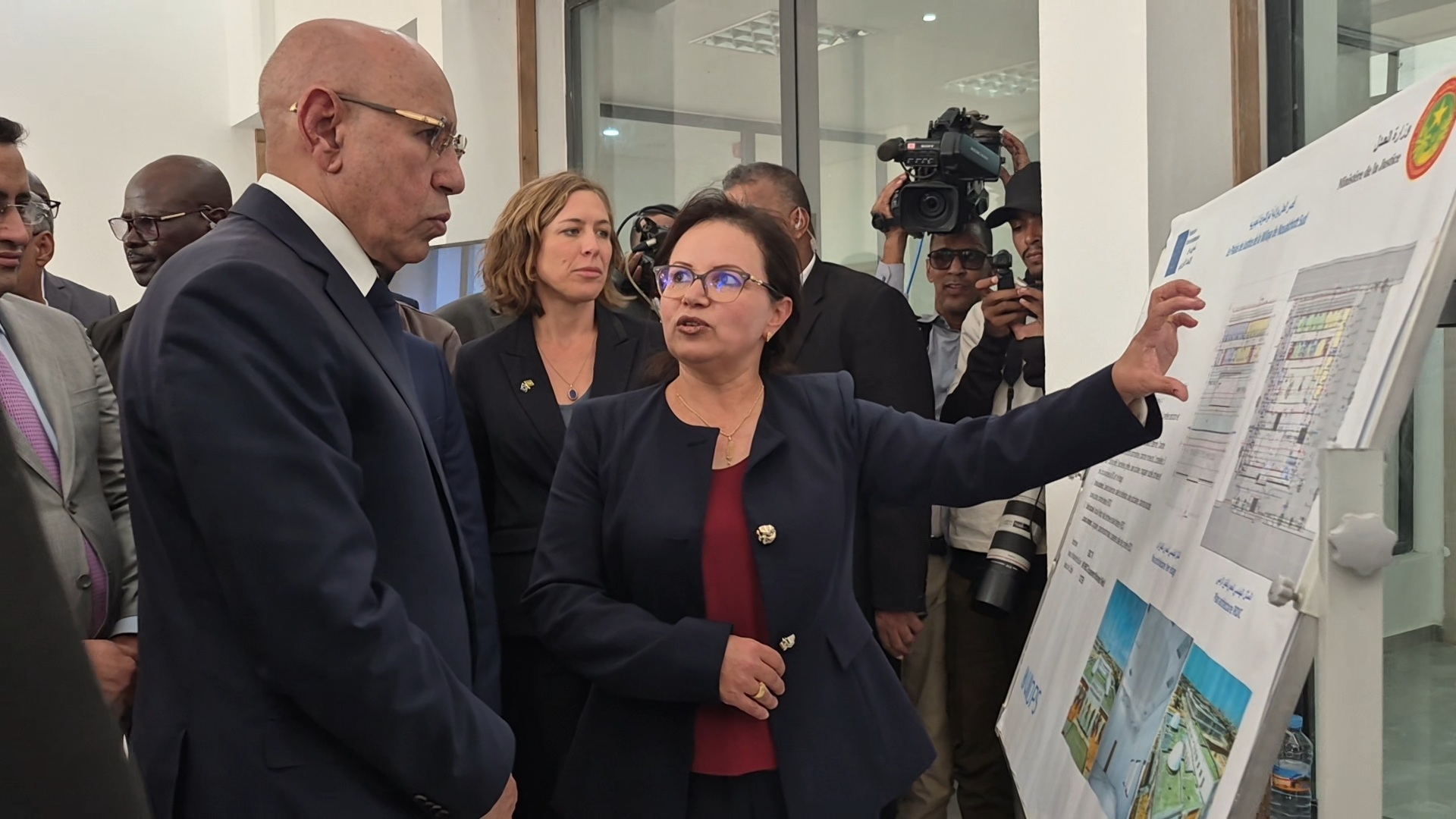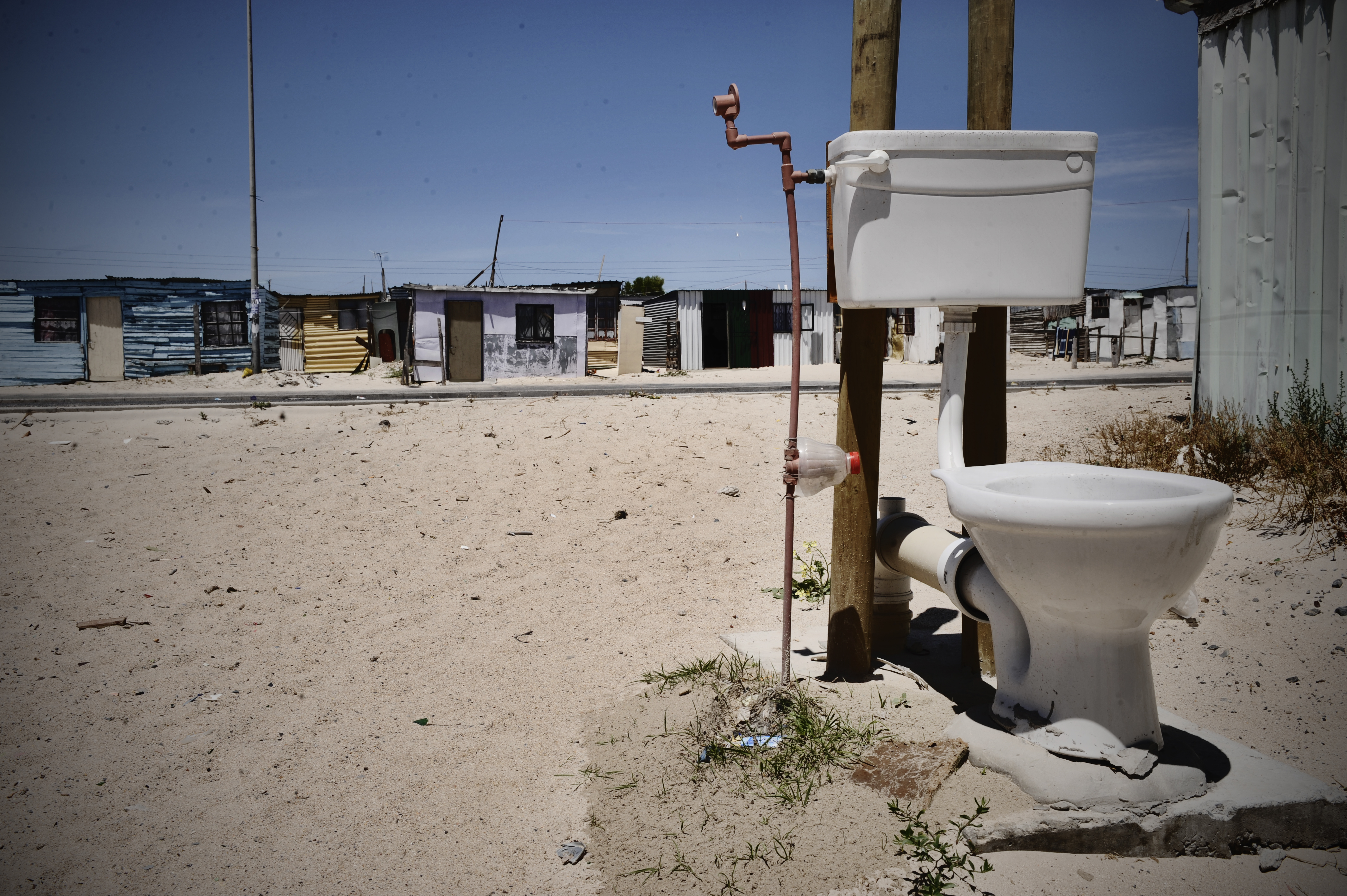The United Nations Office for Project Services (UNOPS)
Infrastructure for COVID-19 recovery, climate action and the 2030 Agenda
A new UN guide highlights how governments can use long-term infrastructure planning to save money, increase efficiency, and promote sustainability.
Managing Infrastructure Assets for Sustainable Development – issued by the UN Department of Economic and Social Affairs (UN DESA) and the UN Capital Development Fund (UNCDF), supported by UNOPS, calls on countries to vastly overhaul the way governments build and maintain infrastructure. Everything from water and sanitation systems to energy grids to transportation facilities must be strengthened in order to reduce waste and costs, improve the delivery of essential public services and ensure a sustainable future for all.
Infrastructure connects people with services, provides opportunities, and protects lives and livelihoods. In fact, our research together with the University of Oxford shows that infrastructure influences 92 per cent of all targets across the Sustainable Development Goals."
“Robust infrastructure systems are therefore essential for nations to thrive and governments to achieve their development objectives locally, nationally and internationally,” added UNOPS Director of Implementation Practices and Standards, Nick O’Regan.
According to the publication, while roads and electricity grids to water and sanitation systems are fundamental for sustainable development, infrastructure investments often go to waste, as governments regularly fail to budget the resources – financial, human and material – needed to manage assets over their entire lifespans.
Taking concrete steps to enhance the resilience of these key public goods can reap substantial social and economic benefits. Shirking responsibility of ensuring the sustainability of infrastructure assets puts the communities they serve at risk.
“Effective asset management has become as critical as ever in the face of mounting pressures, such as growing urban populations, climate-related disruptions and health emergencies,” said Navid Hanif, Director of UN DESA’s Financing for Sustainable Development Office.
Prepared during the COVID-19 crisis, the handbook extends the practical knowledge of those seeking to lay the groundwork for more equitable, inclusive and sustainable development, through improved infrastructure asset management. It draws on diverse experiences and is the result of extensive consultations with top experts in the field, within the UN system (including UNOPS), multilateral and regional development banks, local government associations, universities and think tanks.
UN DESA and UNCDF are collaborating with UNOPS to host virtual infrastructure asset management workshops based on the handbook starting in February 2021.
Register from your region here:
https://un-assetmanagementwork.org










